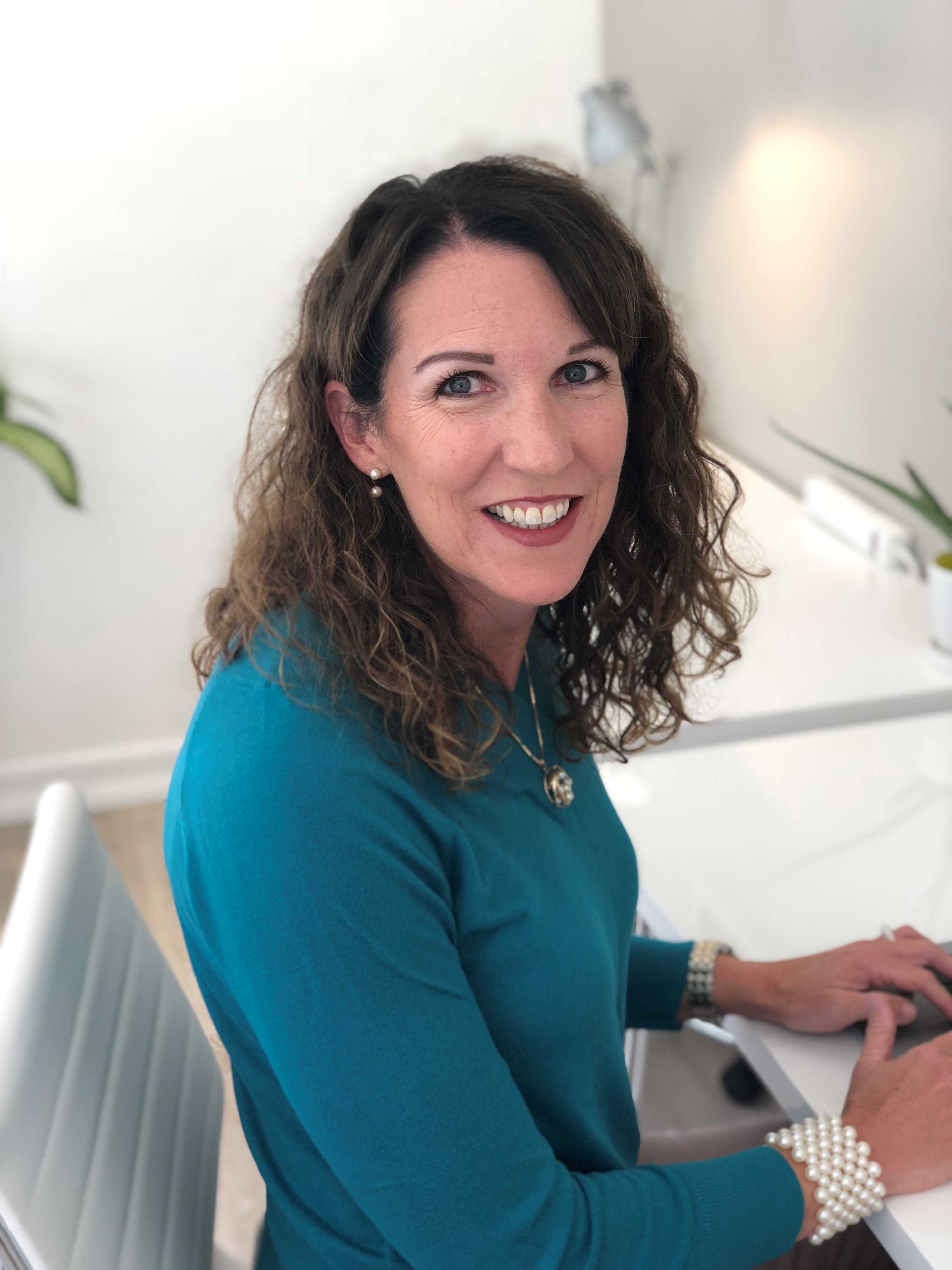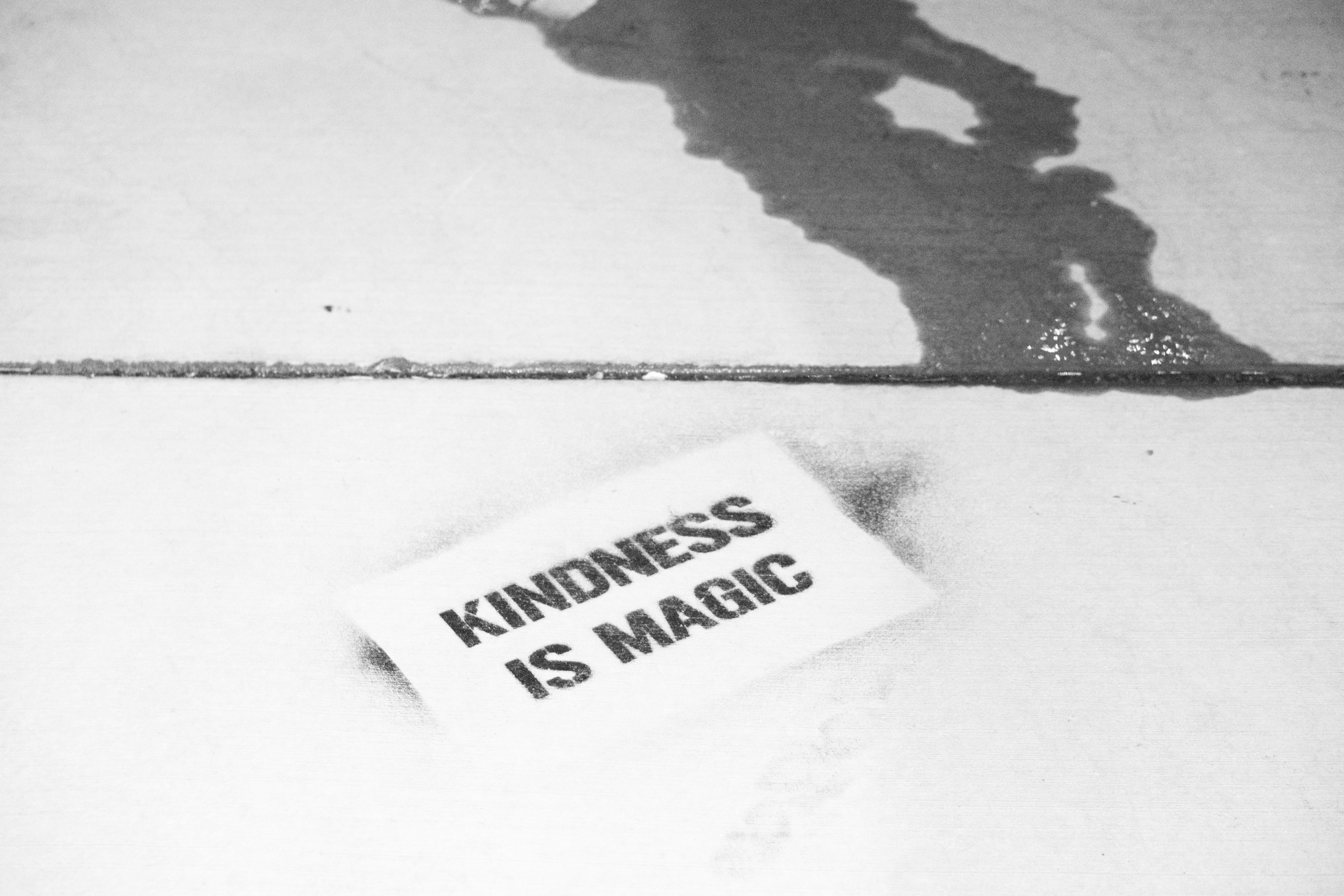Practicing Compassion in the Workplace
Lately, I’ve been looking at compassion – not just to understand the difference between empathy and compassion but to really, REALLY look at all the ways it can appear. From self-compassion to being compassionate towards others to teaching compassion to your family or children to practicing compassion at work.
Stop. Compassion at work? In corporate America? Why yes! It does happen! I’ve seen corporate values weave compassionate practices into how they support their mission. I’ve seen HR groups build a compassionate culture through a variety of activities and efforts. At the end of the day….it comes down to us. You, me and us together.
Here are ways that Thupten Jinpa in ‘A Fearless Heart’ describes what it means to practice compassion at work:
- Establish routines towards humanity
- Integrate humility into the way you work
- Take responsibility to lead
- When in doubt, rely on your moral integrity
- Have self-respect for the company, staff and clients
I love these. Each of them rings true to me. The two practices that I’ve found to be in my bone marrow and appear in my work, with my family, and in the community are to establish routines towards humanity and integrate humility into the way I work.
I’ll start by sharing how I integrate humility at work. I imagine you’ll find you do this too but perhaps didn’t think of it as being compassionate.
- Giving someone the benefit of the doubt – often what appears at the surface level has a web of roots below it. So, when something seems odd, ask about it.
- Sharing recognition with those that contributed towards the accomplishment – everything we do depends or relies on something or someone else. For example, this blog post was inspired by Thupten Jinpa’s book, and my team of experts helped me polish it up. Together, we directly/indirectly contributed to this accomplishment.
- Using “we” instead of “I” wherever possible – “We” is a powerful word. It’s also a word that’s inviting and encouraging. “We can do this!” motivates me to be a part of the solution. “I got this!” is isolating and can be deflating to the team supporting the effort.
- Presenting an idea or outcome knowing there may be another one as good or better – Accepting that there are more than just your ideas out there keeps you and your team open to finding the best solution collectively.
Admittedly, this is something I find to be tightly threaded to integrating humility. Here are some ways I bring this into how I work with my clients as an independent consultant:
- Acknowledge and praise efforts – this brings the person into the limelight rather than just their work
- Offer help where your expertise lies and is welcomed or needed – sometimes people are so *in* the work that they’re unable to see help is readily available to them
- Connect with people at a human level – remember some unique fact about the people you regularly work with (something that really makes a person light up when talking about it) & periodically ask about it. Colleagues are also parents, spouses, friends, creatives and magical beings – learn about them!
- Check in with people as a whole – simply and genuinely asking “How are YOU doing?” lets them know that you legitimately care about them
Oh, this topic is sooooo good that I could talk or write about it for days. For now, here’s something for you to bite off and chew and see how it works for you. I’d love to hear of ways you practice compassion at work!
Download or View this Article as a PDF








